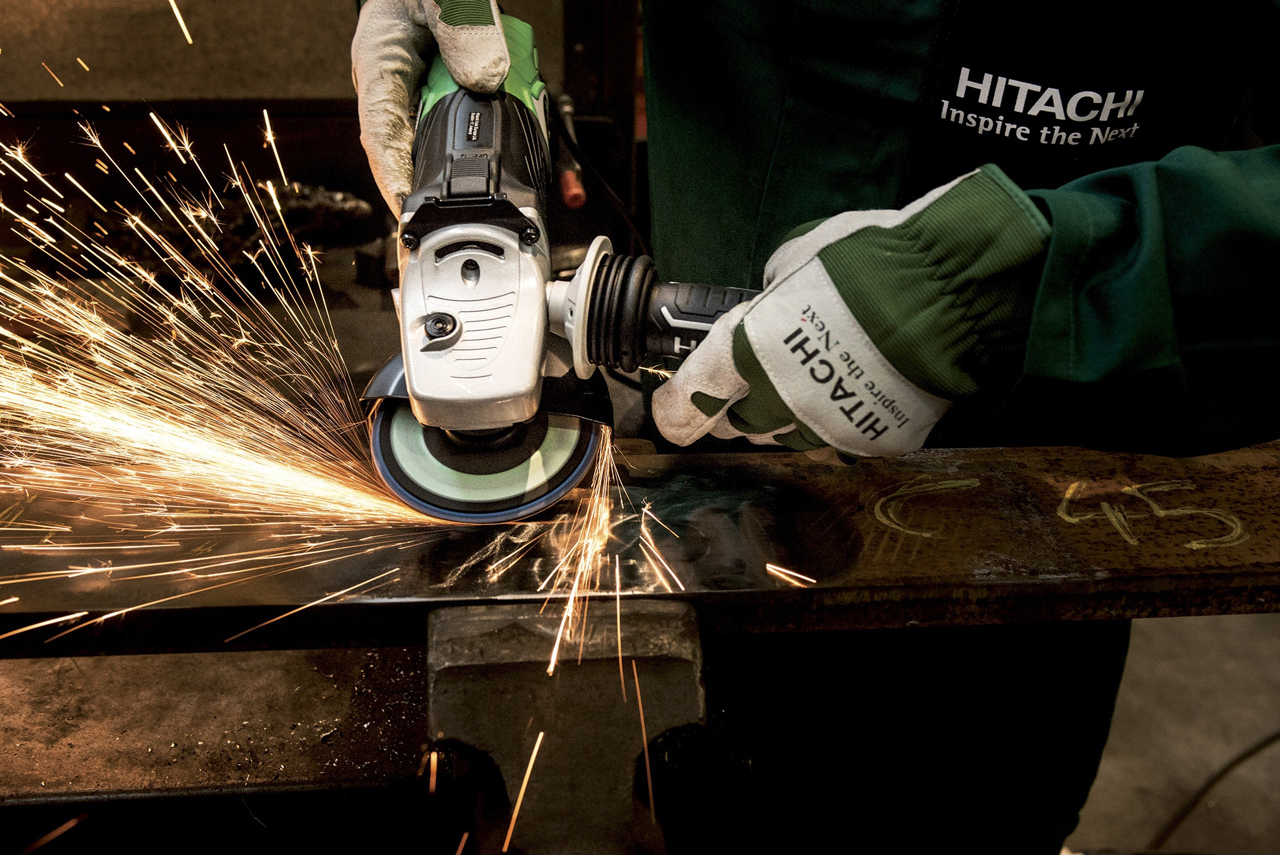Mechanical Contractors Do More Than Maintain Mechanical Systems
Mechanical contracting refers to the construction, installation, and maintenance of mechanical systems in a variety of settings, including commercial, industrial, and residential buildings. These systems can include heating, ventilation, and air conditioning (HVAC); plumbing; and piping for gas, water, and other fluids. Mechanical contractors may also work on refrigeration systems, fire protection systems, and other specialized mechanical equipment.
Mechanical contractors typically start a project by evaluating the needs of the client and designing a system that meets those needs. This may involve consulting with engineers, architects, and other professionals to ensure that the system is safe, efficient, and meets all applicable codes and regulations.
Once the design is finalized, the mechanical contractor will order and receive all necessary materials and equipment, and then begin the installation process. This may involve cutting and joining pipes, installing ductwork and vents, and connecting various mechanical components.
In addition to installing new systems, mechanical contractors also play a key role in maintaining and repairing existing mechanical systems. This may involve regular inspections to identify potential problems, as well as repairs or replacements of worn or damaged components.
Mechanical contracting requires a wide range of technical skills, including knowledge of various mechanical systems and their components, as well as the ability to read and interpret blueprints and other technical drawings. It also requires strong problem-solving and communication skills, as mechanical contractors often work as part of a team and must be able to coordinate with other professionals and communicate effectively with clients.
In terms of education and training, many mechanical contractors start their careers by completing a formal apprenticeship program, which typically combines on-the-job training with classroom instruction. These programs can take anywhere from three to five years to complete and may be sponsored by a union or individual company. Some mechanical contractors also choose to earn a college degree in a related field, such as engineering or construction management.
Overall, mechanical contracting plays a vital role in ensuring that buildings and other structures have safe, efficient, and reliable mechanical systems. From the design and installation of new systems to the maintenance and repair of existing ones, mechanical contractors are an important part of the construction and maintenance industries.
Our team is here to help.
Contact a project manager today!


